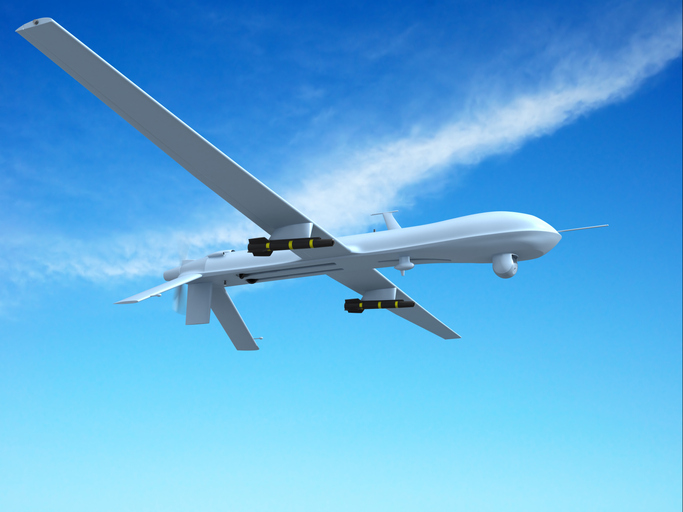
Amid the hardening of battle lines in the one-year-old Ukraine war, which has snowballed into a West-vs-Russia conflict, the crash of a US spy drone into the Black Sea marks a regrettable escalation in hostilities. According to the US military, two Russian Su-27 jets not only carried out a ‘reckless intercept’ of the MQ-9 drone while it was in international airspace but also dumped fuel on it and flew in front of it in ‘unsafe manoeuvres’. Denying that its aircraft came into contact with the unmanned aerial vehicle (UAV), Russia has stated that the drone, which was detected near the Crimean peninsula, crashed after ‘sharp manoeuvring’. Russian Ambassador to the US Anatoly Antonov has alleged that the UAV deliberately moved towards Russian territory with its transponders turned off.
The direct confrontation between Washington and Moscow comes during a critical stage of the war. With both sides accusing each other of provocation, the threat of mutual retaliation looms large. The geopolitical polarisation is so acute that the possibility of initiating an independent probe into the drone case and working out a mechanism to prevent recurrence of such happenings appears remote. This is another perilous situation that has arisen due to rivalry between the big powers. Early last month, a Chinese surveillance balloon was shot down by the US after it made an incursion into American airspace. Tensions were eventually reduced, but the incident cast a shadow on the already strained US-China relations, prompting Secretary of State Antony Blinken to call off his Beijing trip.
The prevailing mistrust and insecurity have been aggravated by the deal that the US, UK and Australia have sealed to create a fleet of nuclear-powered attack submarines. The move is ostensibly aimed at ensuring that the strategic Indo-Pacific region remains ‘free and open’, but the objective of countering China’s assertiveness is an open secret. No wonder Beijing has warned that the three countries are travelling ‘further down the dangerous and wrong path’. The onus is on the major players to exercise restraint and not resort to provocative moves that could trigger an even more devastating war than the one dragging on in eastern Europe.
